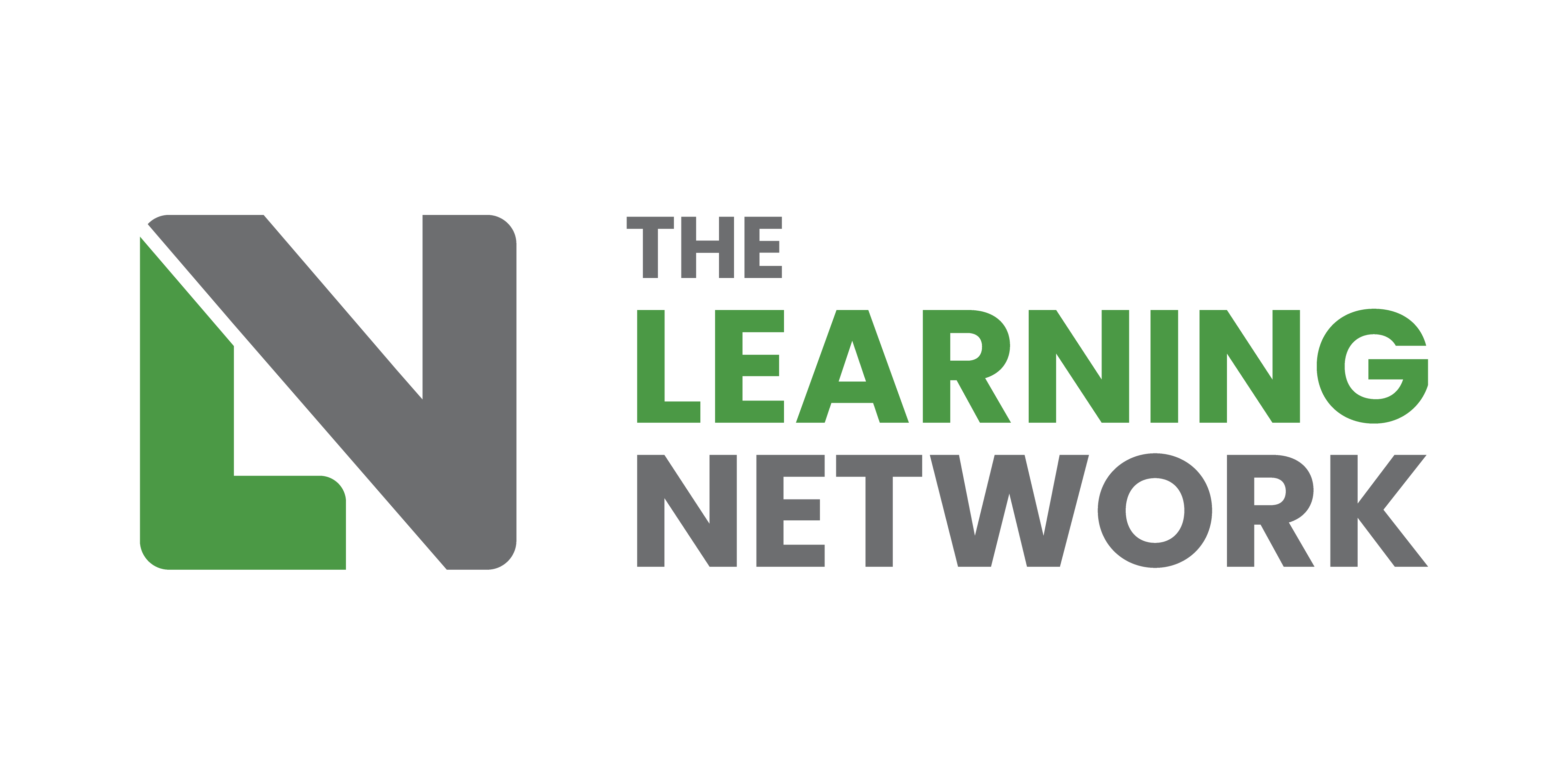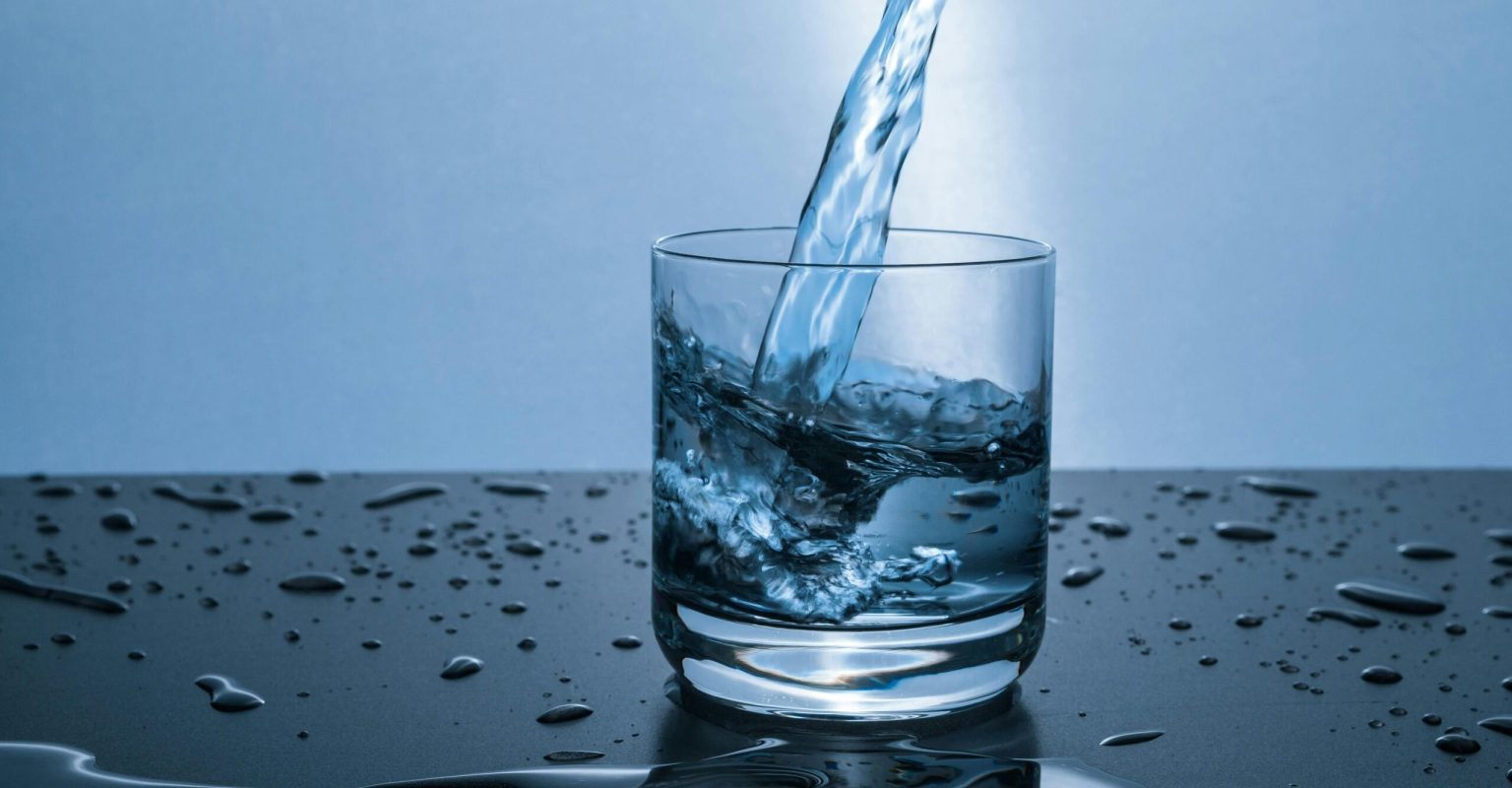When I worked at the Ambulance Service, I remember the urine colour chart next to the urinals. The chart had coloured boxes in various shades of yellow, alongside some text advising the darker the colour of my urine, the more water I needed to drink to improve my hydration. “Go and drink a large bottle of water now!” was the stark message next to the darkest colour. Public health advice for the public health providers.
While we all joked about the “pee poster” in the toilet, to this day, everyone I worked with remembers the content and about the need to hydrate regularly during the working day! It’s a good example of how contextualised learning can bring a concept to life and change behaviours by making the learning content easy to understand and relevant for the individual (and not an over-engineered training course anywhere in sight!). But it is also a vital reminder of the link between hydration and performance, both for us and for our learners.
This week (11-15 March 2024) marks Nutrition and Hydration Week. There is significant evidence linking performance of learners with being well fed and watered. Whether that’s making sure young people have breakfast before starting school, to adult learners drinking enough water during the workday, all the evidence points to our abilities and mood being positively influenced by good hydration and nutrition.
The Health Evidence
Water is the unsung hero of brain health. Although our brains constitute only about 2% of our body weight, they require a whopping 20% of our daily energy expenditure. Good hydration has been linked to improved cognitive function, visual attention, and mood regulation. Even mild dehydration has been shown to affect cognitive performance (Masento, et al, 2014).
Beyond water, specific nutrients play a pivotal role in brain function, such as Omega-3 fatty acids (found in fish, walnuts, and seeds) supporting memory and concentration. Vitamins C and E (found in berries, citrus fruits, and nuts) protect our brain cells from oxidative stress, while B-vitamins and Iron (found in lean meats and leafy greens) can positively affect attention and memory (Dani, Burrill, and Demmig‐Adams, 2005).
The Learning Evidence
A well-nourished brain is a powerful learning tool! As we’ve established, water and healthy foods can positively impact more than just our mood but also our ability to concentrate and perform at work and in our learning. Numerous studies have linked nutrition to performance and the impact on improving learning (Mukhamedzhanov, et al., 2023).
- Concentration: Proper nutrition and hydration improve attention span. Learners who stay hydrated are more engaged during lessons.
- Test Performance: Dehydrated learners may struggle with recall and problem-solve during exams
- Mood Stability: Balanced blood sugar levels (achieved through nutritious meals) prevent mood swings and enhance overall wellbeing of learners.
Practical Tips
Follow these top tips to keep yourself and your learners at peak performance:
- Hydrate Regularly: Encourage sips of water throughout the day (or tea and coffee – but limit your caffeine intake). A well-hydrated brain has been proven to function better.
- Eat Balanced Meals: Include whole grains, lean proteins, fruits, and vegetables. Avoid sugary snacks that lead to energy crashes.
- Try Brain-Boosting Snacks: Almonds, blueberries, and dark chocolate provide quick mental fuel.
- Limit Processed Foods: Excessive sugar and unhealthy fats impair cognitive function.
Nutrition and Hydration Week
On 13 and 14 March, we invite you to join other Learning Network members at our virtual Global Tea Party to celebrate Nutrition and Hydration week! It’s an opportunity to hydrate with a nice cuppa, to reflect on your own and your learner’s opportunities for nutrition and hydration, and to remember those around the world who face educational barriers due to lack of access to clean water and adequate nutrition. Join Learning Network Board members for “Tea and Talk” on 14 March 09:00-11:00 and don’t forget to share your photos on social media with hashtag #NHWeek and tag @learningnetwk.
Next time you’re preparing for a learning or teaching session, fill your water bottle, and encourage your learners to hydrate and choose brain-boosting foods!
About the Author
Richard is a global health workforce education advocate and specialist, supporting the work of the UK NHS and World Health Organization, as well as the director of technology at the Learning Network.
References
Akdeniz et al., 2016; David et al., 1984; Pollitt & Lewis, 1980; De Groot et al., 2012; Vassiloudis, Yiannakouris, Panagiotakos, Apostolopoulos and Costarelli, 2014
Dani, J., Burrill, C. and Demmig‐Adams, B. (2005), “The remarkable role of nutrition in learning and behaviour”, Nutrition & Food Science, Vol. 35 No. 4, pp. 258-263. https://doi.org/10.1108/00346650510605658
Masento NA, Golightly M, Field DT, Butler LT, van Reekum CM. Effects of hydration status on cognitive performance and mood. British Journal of Nutrition. 2014;111(10):1841-1852. doi:10.1017/S0007114513004455
Mukhamedzhanov, E., Tsitsurin, V., Zhakiyanova, Zh., Akhmetova, B., & Tarjibayeva, S. (2023). The effect of nutrition education on nutritional behavior, academic and sports achievement and attitudes. International Journal of Education in Mathematics, Science, and Technology (IJEMST), 11(2), 358-374. https://doi.org/10.46328/ijemst.3133



